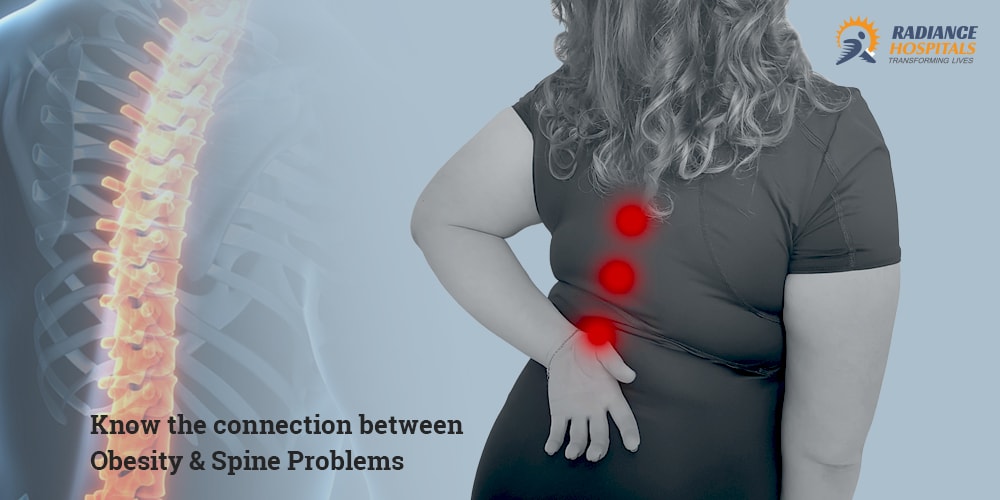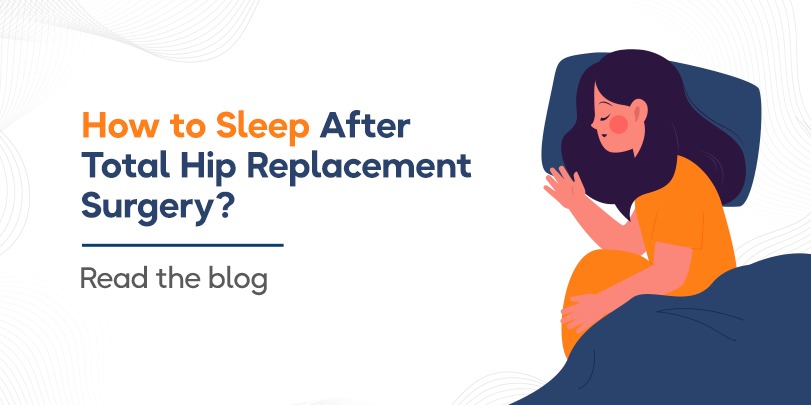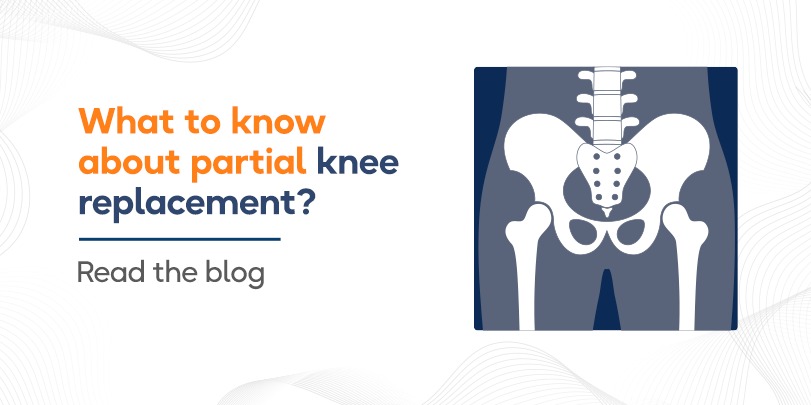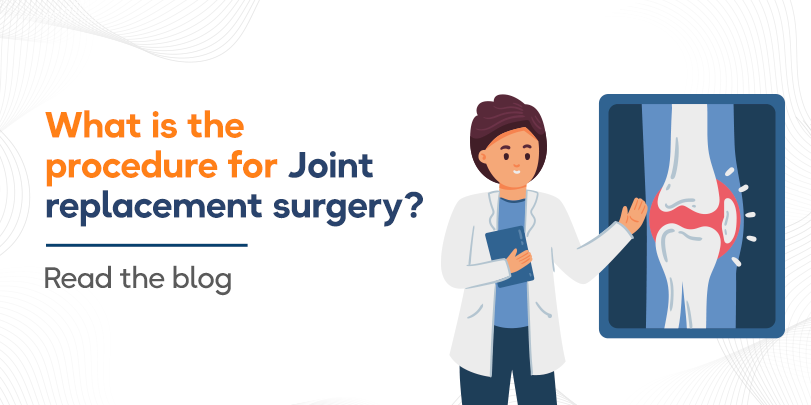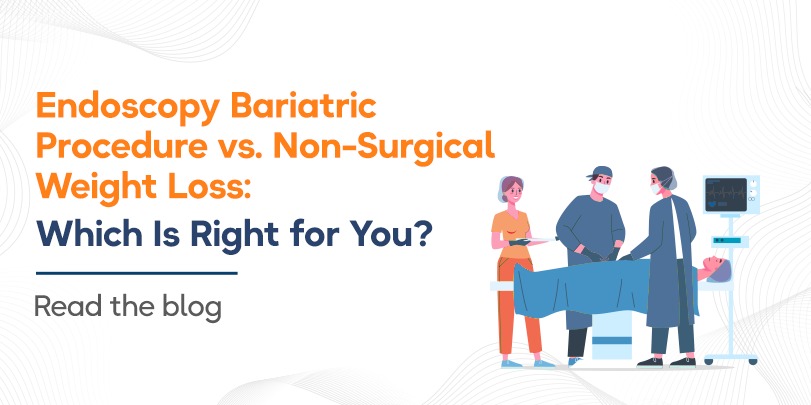The term “Orthopaedics” signifies a medical specialty that focuses on the body’s musculoskeletal system. This includes bones, joints, muscles, ligaments, tendons, and nerves.
Pain that originates in the spine anywhere between the upper and lower back is the “back pain” we refer to in our daily lives, obesity caused ones are:-
- A herniated disc
- Spine osteoarthritis
It affects approximately three out of four adults during their lifetime. Many back-pain patients complain about symptoms like numbness and tingling sensations, stiffness, achiness, and weakness.
It is known that obese people are more prone to spinal issues than those who’re not. Deleterious weight stresses almost every organ in the body, so it is no surprise that it also increases the risk of back pain, joint pain, and muscle strain. Every extra inch adds strain to the muscles and ligaments in the back since the spine tends to become tilted and stressed unevenly to an extent that the back may even lose proper support.
Extra weight around the stomach pulls the pelvis forward which in turn strains the lower back thereby causing pain. The vertebral disc as well, of an obese individual, may get weak or damaged sooner. Excess weight is also known to worsen pre-existing spinal issues.
The four common disorders found out by researchers are:-
- Lower back pain
- Spondylosis (spine degeneration)
- Internal disc disruption (IDD)
- Neck problems unrelated to IDD or spondylosis
Due to Obesity, adipose tissue causes extra pressure on the lumbar spine and knee which exacerbates pain. Bariatric surgeries help weight loss thereby reducing pain intensity to as much as 75% to 80.8% as cited by an article of Bariatric times. The pain score carried out in the study when compared to preoperative baseline, indicated significant symptomatic pain resolution of the pain of head, neck, shoulder and lower back. Pain relief was observed in day to day physical activities during sports as well as work. Use of Analgesic significantly reduced. An increase in Quality of life within 6 months to 1 year post operation was observed.
As per UCLA Health article, Retrospective studies showed that after performing Bariatric surgeries, the frequency of back pain decreased in up to 83% of the patients, and lumbar back pain symptoms were reduced in 82–90% patients in a period of 6 months to one year.
Related Articles
Obesity Causing Joint Problems

